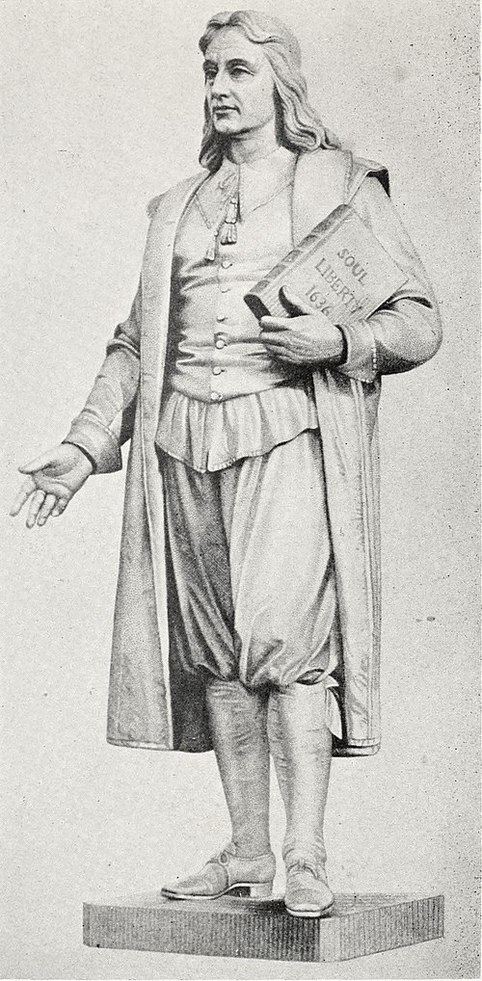H.R. 4117: Fuel Emissions Freedom Act
This bill, known as the Fuel Emissions Freedom Act, aims to significantly change the regulations surrounding fuel emissions standards for motor vehicles in the United States. Below is a detailed summary of its main components:
1. Purpose of the Bill
The bill seeks to repeal existing fuel emissions regulations under the Clean Air Act. It argues that the current system of overlapping and frequently changing emissions standards raises costs, creates uncertainty, and burdens manufacturers, particularly small and medium-sized businesses. By eliminating these standards, the bill claims it will enhance regulatory certainty, lower costs for consumers, and boost U.S. manufacturing.
2. Key Provisions
- Repeal of Federal Emission Standards: The bill proposes to repeal Section 202 of the Clean Air Act, which pertains to federal motor vehicle emission standards.
- State Standards Preemption: It removes the authority of states to set their own fuel emissions standards. This includes amending Section 209 of the Clean Air Act to eliminate state waivers and standards, effectively preventing states from implementing stricter regulations than those set by the federal government.
- Repeal of Fuel Economy Standards: The bill also seeks to repeal sections of Title 49 of the U.S. Code that establish automobile fuel economy standards, further diminishing regulatory requirements concerning fuel efficiency.
3. Effect on Regulations
Upon enactment, any existing federal or state regulations regarding fuel emissions would be nullified. This means that no organization, whether federal or state level, would be able to enforce standards pertaining to vehicle fuel emissions.
4. Justification for Changes
The sponsors of the bill provide several justifications for these changes:
- They argue that current fuel emissions regulations lead to increased costs for both consumers and manufacturers.
- They point out that a fragmented regulatory framework creates inefficiencies and compliance challenges for businesses.
- The bill outlines that the elimination of these standards can restore economic freedom and invigorate the manufacturing sector in the U.S.
Relevant Companies
- Ford Motor Company (F): As a major automobile manufacturer, changes to emissions and fuel economy regulations could affect Ford's product line-up and compliance costs.
- Toyota Motor Corporation (TM): This company has invested heavily in hybrid and electric technologies. Changes to emissions standards may impact their market strategy.
- General Motors Company (GM): As another leading auto manufacturer, GM may find its business model shifting due to changes to emissions and efficiency regulations.
This is an AI-generated summary of the bill text. There may be mistakes.
Sponsors
4 bill sponsors
Actions
2 actions
| Date | Action |
|---|---|
| Jun. 24, 2025 | Introduced in House |
| Jun. 24, 2025 | Referred to the House Committee on Energy and Commerce. |
Corporate Lobbying
0 companies lobbying
None found.
* Note that there can be significant delays in lobbying disclosures, and our data may be incomplete.













